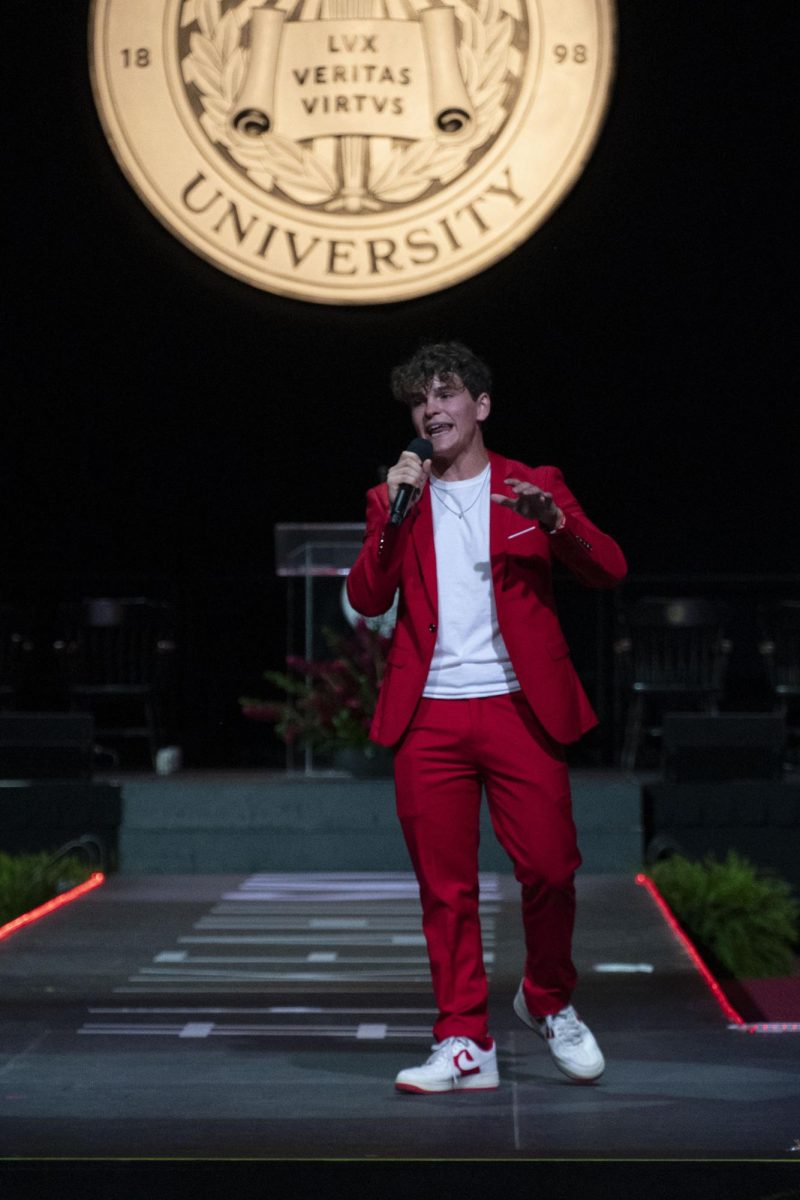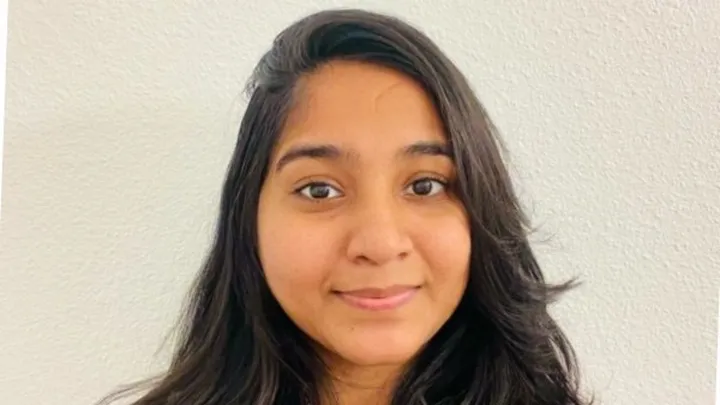By Harrison Ackerman, News Correspondent
Northeastern University recognized the 10th anniversary of the Sept. 11, 2001 attacks last weekend with a series of events including remembrance ceremonies and casual conversations in the dining halls.
Last Friday marked the beginning of the weekend-long series of programs, starting with a ceremony organized by the Office of the President. At this event, “Remembrance, Reflection, and Renewal,” the names of all Northeastern community members who died in the attacks were read aloud and followed by a single bell toll.
The gathering included a musical introduction, an inter-denominational prayer led by University Chaplain Judith L. Stuart and remarks from Northeastern President Joseph Aoun.
In his speech, Aoun repeatedly said that religion was not the cause for the attacks on 9/11.
Aoun also praised the Northeastern community for its response to 9/11 over the last decade, one characterized by a theme of moving forward.
“In the same way that the nation decided not to distance itself from the rest of the world but to open itself and build bridges, the same thing happened here at Northeastern on a daily basis,” Aoun said.
Eric Berner, a freshman from Smithtown, N.Y., recalled losing his best friends’ father who was a first responder to the World Trade Center.
“It was an extremely emotional experience, something like that is bound to have a huge impact on a person for the rest of their life,” Berner said. “I was just shocked and couldn’t believe it, it’s hard to absorb something like that when you’re a young kid.”
Berner, an international affairs major, also knows a number of firefighters and police officers who participated in the cleanup effort of Ground Zero.
“(They) dealt with devastation and brought it home with them every day,” he said.
An open house Sunday led by collaborative artists Robin Masi and Keith Field at the Gallery 360 stirred conversation surrounding their installation, “The Witness Project”. The multimedia presentation of charcoal art, Ground Zero footage, recycled garments and interviews reflects the spiritual aftermath in New York City.
Despite the nature of the content, Masi focused on aspects reflecting positivity that are not covered as extensively by the media.
Masi justified the exhibit and her work by saying 9/11 and subsequent wars in Iraq and Afghanistan have put pressure on the nation, but that doesn’t detract from the recognition victims closest to the 2001 event deserve.
“The theme of this exhibit is the duality that I didn’t expect, I didn’t expect to feel uplifted, I didn’t know about all of the rescue work,” Masi said. “I am trying to give people a number of ways in because it’s such a huge topic.”








